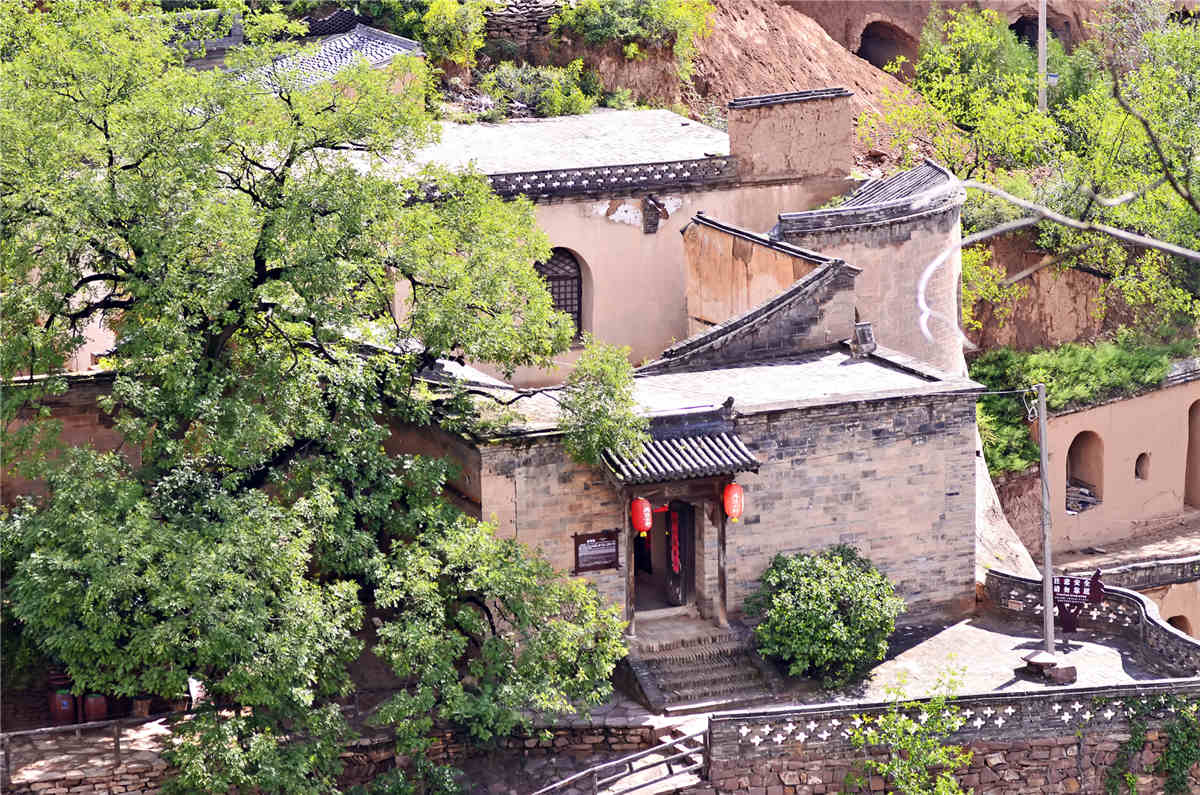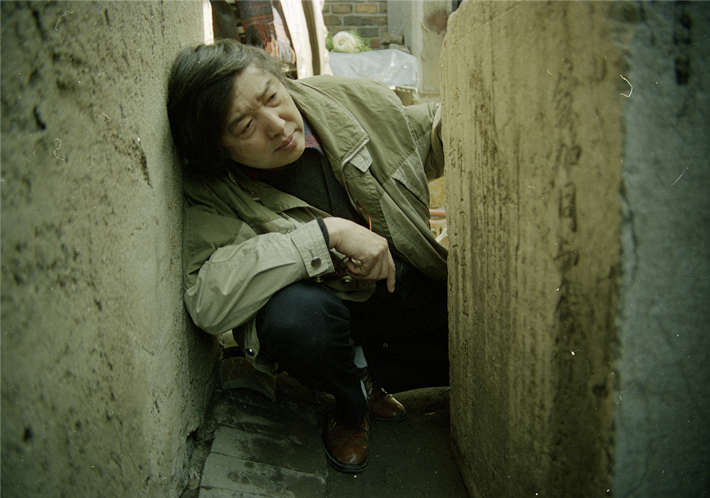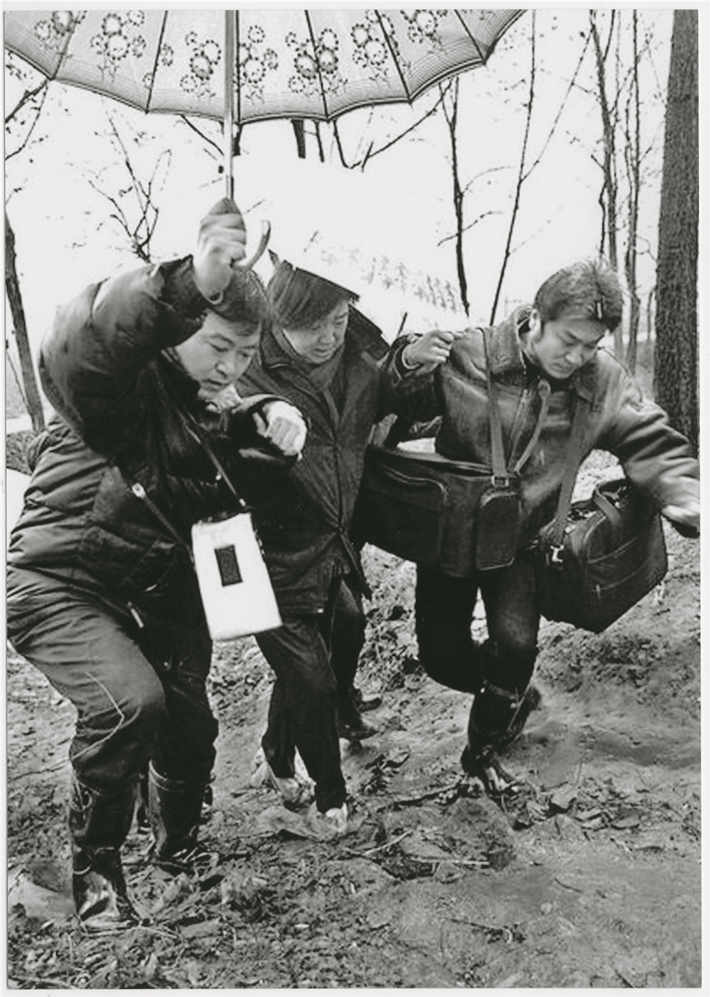Cultural nostalgia of Hougou Village
 0 Comment(s)
0 Comment(s) Print
Print E-mail China Pictorial, October 31, 2022
E-mail China Pictorial, October 31, 2022

When I first visited Hougou Village in Shanxi Province, I immediately fell in love with the village, a xanadu of profound culture surrounded by mountains and rivers. The small mountain village has been deeply and quietly hidden in the folds of the Loess Plateau for over 600 years, inadvertently recording China's classical farming history and culture.
The Chinese Folk Literature and Art Association carried out sampling and survey for the project to recue China's folk cultural heritage in Hougou Village. The "emergency statement" on rescuing folk culture signed by nearly 100 famous Chinese scholars including Ji Xianlin, Qi Gong, and Yu Guangyuan was put into practice in the village. Based on the survey, we compiled the Census Manual for the rescue project, which has been used for more than 10 years and has become a scientific tool for field surveys nationwide.

Hougou Village is considered the starting point of the rescue project, marking the beginning of a collective, spontaneous, and unwavering movement within the Chinese cultural community to save endangered cultural heritage. The past century witnessed two such collective culture recue movements. One was launched by intellectuals from Beijing's cultural circles in 1900 to protect the treasures discovered in Dunhuang Library Cave. The other was when agricultural civilization was hit unprecedentedly during the social transformation around 2000. Chinese intellectuals were quick to extend a helping hand to their root culture.
Unlike the previous generations, today's intellectuals identify folk culture as valuable heritage in the era of social transformation. If the nature of an object changes, we need to re-understand it. Thus, a comprehensive survey of folk cultural heritage became necessary. The folk culture census went on for over 10 years and involved tens of thousands of participants. It was unprecedented in the history of Chinese culture, and the significance of the movement has transcended heritage rescue. It received support from the government alongside understanding and amplification from the general public, arousing cultural consciousness across society.

Whatever else I have done over decades, my yearning for Hougou Village has persisted. Origins always exert the greatest magnetism. I gradually started considering Hougou Village like my hometown and wanted to "go back and have a look." Last year, we included Hougou Village in a compilation of image and text archives of traditional villages and even created a particular archive for Hougou. There is a nostalgia for the village, a cultural nostalgia among cultural workers.
Today, when we return to Hougou Village, instead of seeking sentiments from the flow of time or the unforgettable and charming objects, it is more important to rediscover our original footprints and regain the passion of yesterday. We should miss the enthusiasm of the past, even that era full of difficulties. We are afraid of losing ourselves, our sincerity to culture, and our positive energy because our road is always like a long rambling article with many commas but no periods.
The folk culture census we launched a decade ago has basically ended, and we are grasping the "reserves" of our folk culture, but work related to how to protect them properly has just begun. Protection of cultural legacies always pose a challenge. We hope to see more young people, like our partners in the past, voluntarily dedicated to this mission. We hope our civilization will live on for eternity and our ancient villages will forever prosper.






Go to Forum >>0 Comment(s)